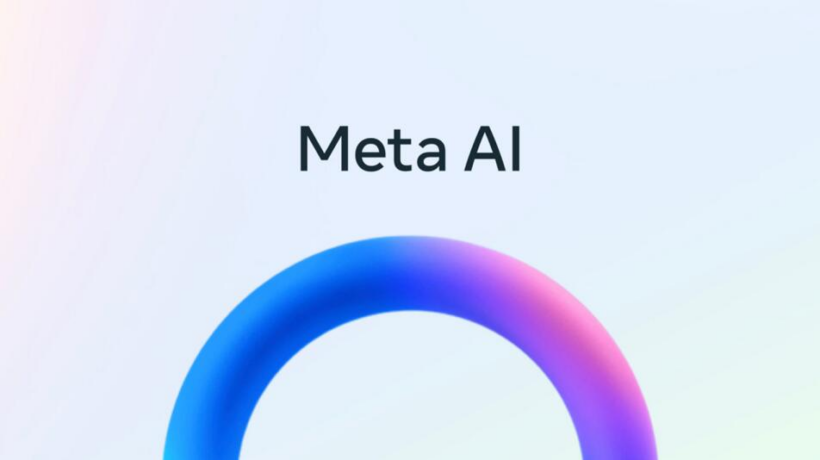Ever since Open AI started the AI race by launching ChatGPT, every other tech company has been trying to catch up. Although leading tech companies have some form of AI capability very few are able to get users to adopt their technology. Some have used their existing products convert current users into new users of their AI technology but even that has not yielded desired results. The latest tech company to capture the attention of users is Meta (formerly Facebook). Last week Meta launched Meta AI with built-in Llama 3.
This move by Meta is significant for a couple of reasons.
One is that Meta is leveraging its popular products to deploy its version of AI. Facebook, Instagram and WhatsApp have been upgraded with MetaAI powers.
On WhatsApp you will now have an assistant that can do the thinking for you. If a friend asks you about the best place to dine in your favourite city you can simply call upon MetaAI to do the work. An answer to query is simply loaded to the chat ready to be sent. This is also true for images. Now instead of searching for images or emojies to express yourself you can simply ask MetaAI to develop the image or artwork for you. This approach by Meta is one best ways to get people to adopt their version of AI. Google and Microsoft have also adopted a similar by enhancing products that are already used in the market with AI capabilities. Meta however is unique in the sense their products are mostly used for messaging and social interaction. The chances of them winning this on just these basis is very high.
One assumes the technology will always work without a friction.
Another interesting approach by Meta is the fact that they have decided to open source their AI technology. What this simply means is that they have allowed anyone who is keen to build an AI tool to use their technology for free. By doing this they are laying a foundation that could see them dominating this sector in the future.
In my opinion, Meta have done everything in the book that would ensure ease of using their AI. This is an impressive approach by Meta which is partly a result of acquiring companies that are mostly used by users. The wisdom by Zuck of buying WhatsApp and Instagram is now becoming clear.
The question is whether the current approach will be harmless for society. Many have raised concerns about how AI is fuelling deep fakes and misinformation. As Meta is providing a tool to develop AI one is wondering whether this will not spiral out of control. In the past we’ve seen how open source products have struggled with quality control and other forms of ensuring longevity of products. As much as providing a tool to develop AI is a positive step there are also reasons to be concerned about what might be.
As far as the release of MetaAI for consumers, there’s a reason for joy. Meta is showing others how to deploy tech products for mass adoption. It will be interesting to observe how everyone will use AI via MetaAI to unleash their creativity.







